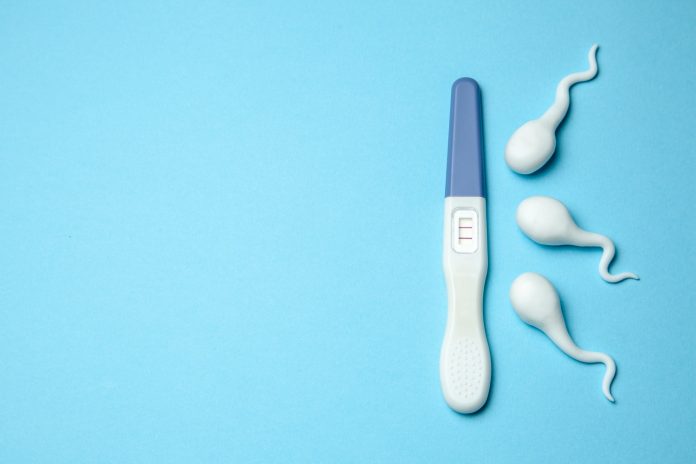Thousands of Australian men are being diagnosed with male fertility problems, including some that can be prevented, experts say.
New data released by the Australia and New Zealand Assisted Reproduction Database reveals nearly one in three IVF cycles involved male fertility problems in 2020.
It is the first time IVF clinics in Australia and New Zealand have recorded this data to describe the scale and range of male fertility problems they encounter.
Some of the causes reported include:
- Erectile dysfunction;
- Ejaculation disorders;
- Previous vasectomy;
- Genetic conditions such as Klinefelter Syndrome;
- Hormone deficiency; and
- Testicular damage from cancer, infections or injuries.
Fertility expert Dr Karin Hammarberg, from Monash University and Your Fertility, says the data should prompt a national conversation about what Australian men can do to protect themselves from infertility and improve their chance of creating a healthy pregnancy and child in future if they want one.
“When it comes to making a baby, the health of a man’s sperm is very important. It plays a big role in determining the chance of pregnancy, the chance of miscarriage and the health of a baby before and after birth,’ she says.
“We know that a man’s age, weight and habits such as drug use can cause fertility problems. We also know sexually transmitted infections can cause infertility. However, a lot of Australian men may not be aware of these things until it’s too late.”
Healthy Male Medical Director and male fertility specialist, Rob McLachlan says that although some male fertility problems cannot be prevented, such as those arising from cancer or genetic conditions, men can do things to improve their fertility through lifestyle changes.
This includes quitting smoking, eating a healthy diet, exercising regularly, maintaining a healthy weight, and avoiding recreational drugs including steroids.
“It takes three months to make new sperm, so if you want to have a family, it’s worth making changes at least three months before you start trying. It could improve your chance of having a healthy baby, avoiding fertility treatment, and importantly having a long healthy life with your child,” he says.
To help men understand factors that affect their fertility, Melbourne comedian Michael Shafar teamed up with Your Fertility to create educational videos for men.
In 2017, Mr Shafar was diagnosed with testicular cancer at the age of 26. He chose to freeze sperm in case he wants to have children in future.
‘I didn’t have any real desire to have kids when I was 26 and, to be honest, I still don’t have plans for kids now that I’m 31! But it’s nice to know I have that option if I change my mind, and it’s reassuring that the technology has come a long way in the past few years,’ he said.
Men wanting a baby in future can check out Michael’s videos, as well as evidence-based tips for protecting and improving their fertility here.









